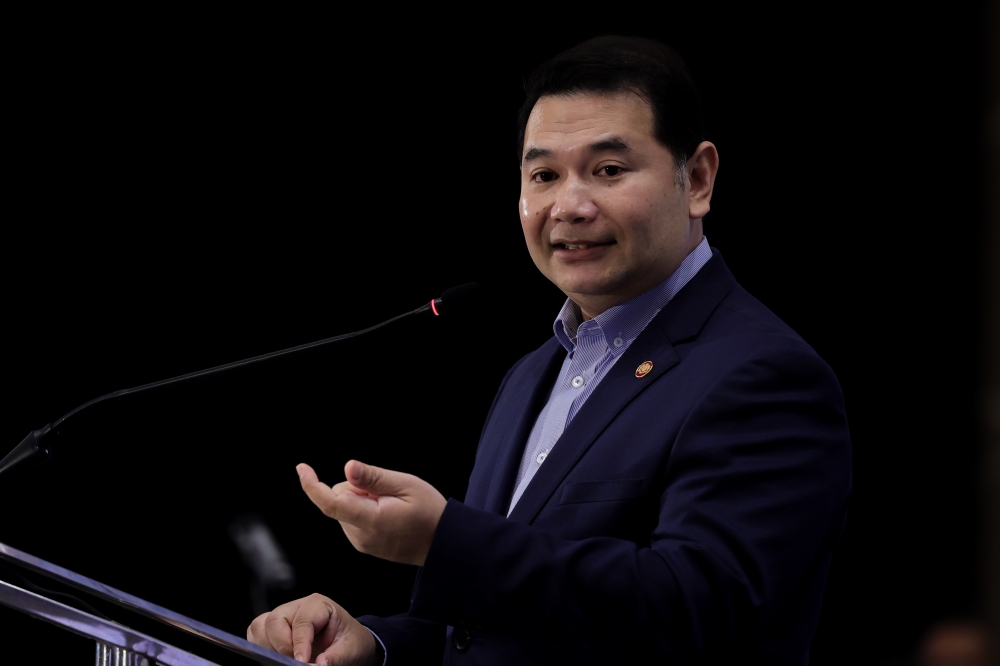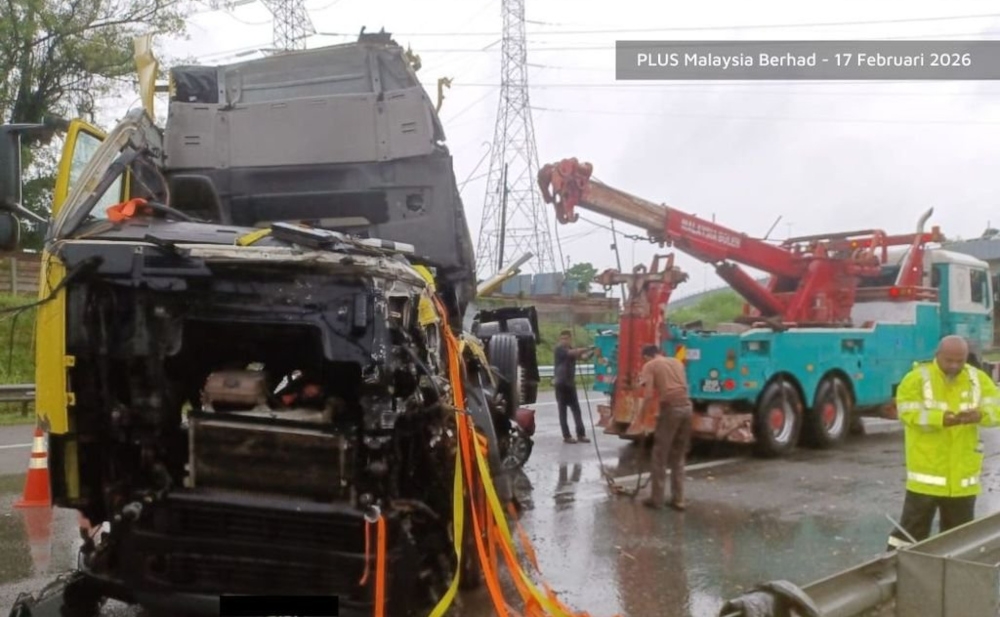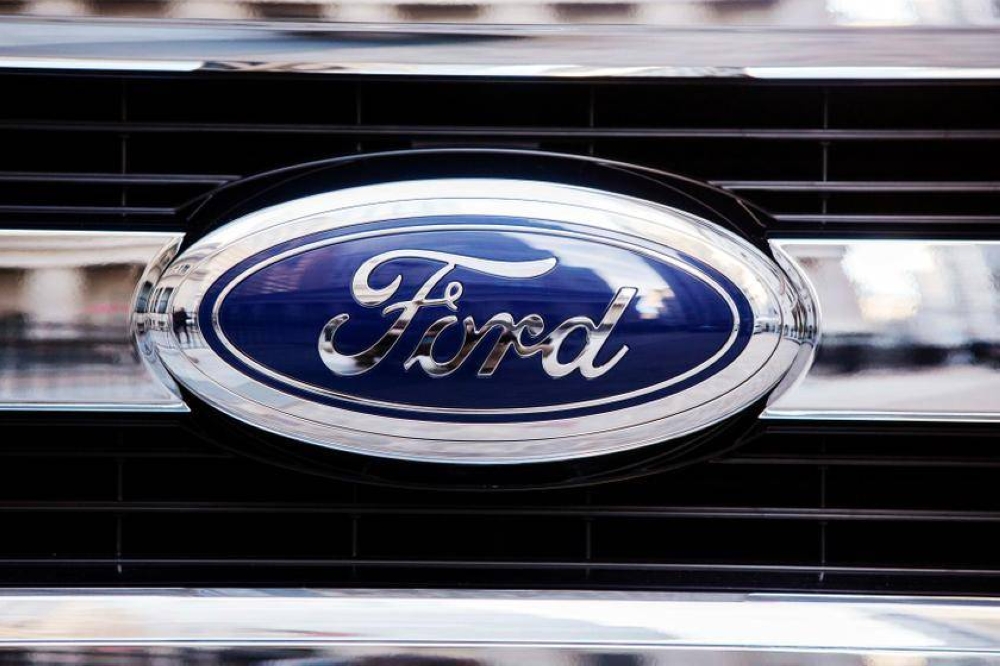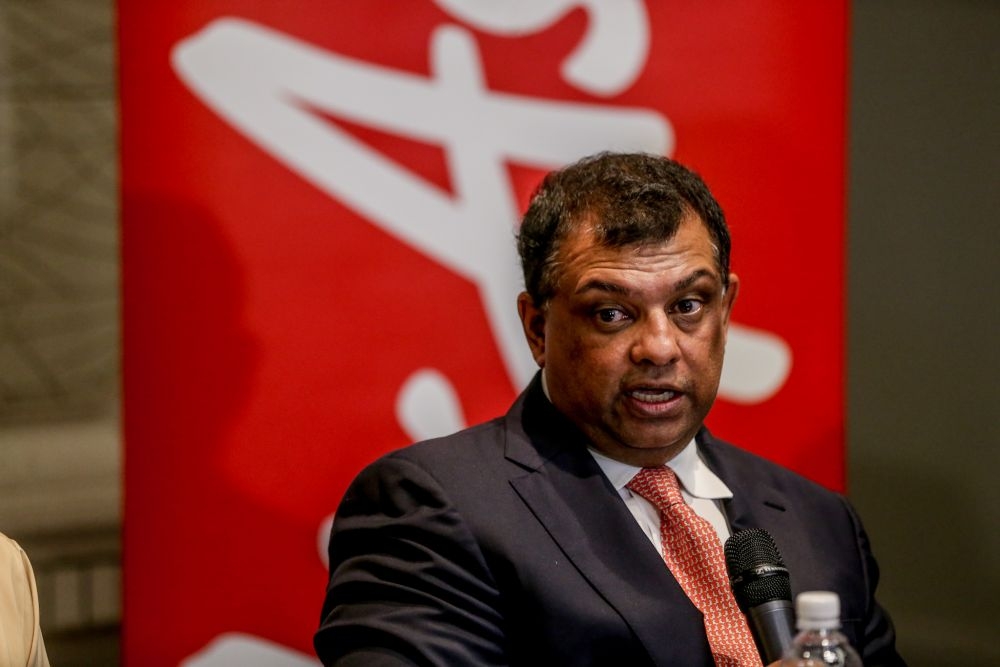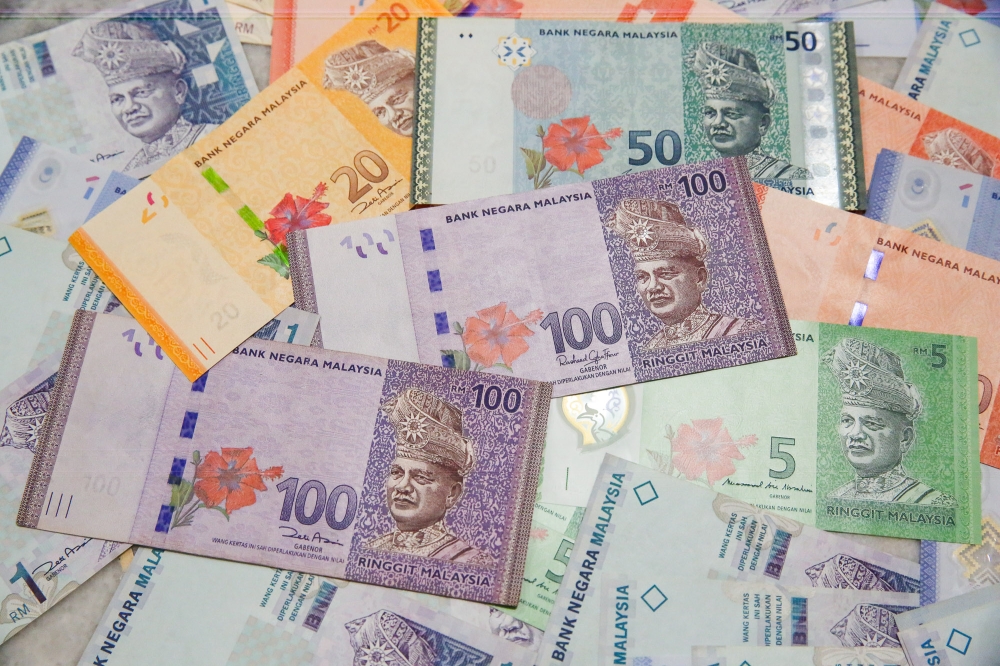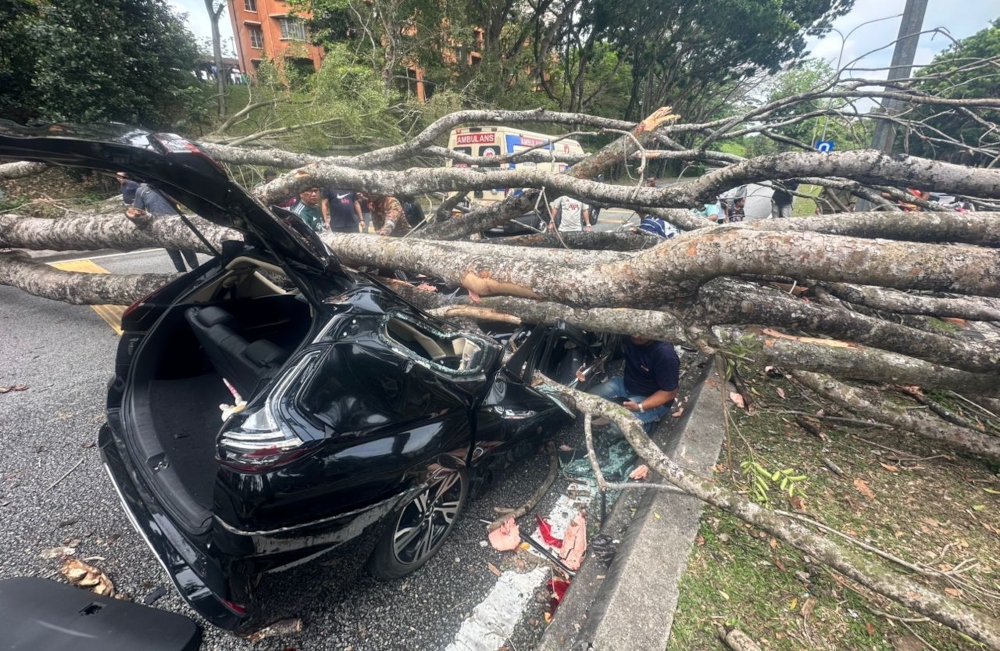NEW YORK, Oct 4 ― Automakers saw lacklustre US sales in the third quarter, as manufacturers continued to grapple with supply constraints, according to reports from the companies yesterday.
The auto sector has been battling a shortage of components with supply problems that initially affected mainly semiconductors later spreading to other parts.
Japan's Toyota suffered a seven per cent drop in sales in the latest three months, to more than 526,000 units, while FCA ― part of the Stellantis group which includes the Fiat and Chrysler brands ― saw its sales drop by six percent compared to the same period of 2021.
Jeff Kommor, FCA's US head of sales, said “we continue to deal with challenging industry supply constraints.”
US automaker Ford, which is expected to announce its sales figures today, had previously warned that the company would likely end the quarter with up to 45,000 vehicles stockpiled due to the lack of parts amid the persistent problems in its supply chains.
But the situation appears to be improving at General Motors, which bucked the trend to sell over 555,000 vehicles, marking a 24 per cent jump compared to a year earlier.
GM retained its spot as top seller in the US market, and said “improved semiconductor supplies, stable production and improvements in dealer inventory” helped it to regain market share.
Hyundai reported a three per cent rise in sales, but other brands such as Honda and Nissan suffered large declines.
Electric car maker Tesla, which does not detail its US sales, said on Sunday that it delivered 343,830 vehicles worldwide between July and September.
While this was at the low end of analyst expectations, it marked an increase of over 42 per cent increase.
The outlook for the auto sector has become more uncertain with the economic slowdown and inflation weighing on consumers.
Cox Automotive lowered its forecast for full-year auto sales in the US to 13.7 million last week.
But “recent changes in the economic outlook from rising interest rates is beginning to chip away at demand, and the waiting line for new vehicles is likely getting much shorter,” said Cox economist Charlie Chesbrough. ― AFP


